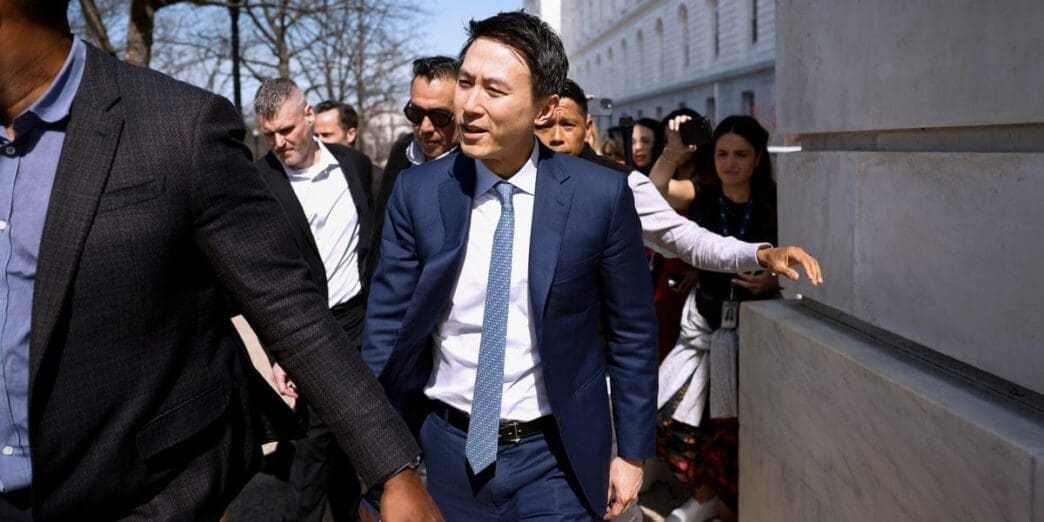TikTok’s presence in the United States hangs by a thread as a divestment deadline looms, potentially forcing the app out of the country by January 19.
The possibility of TikTok disappearing from US app stores is now a reality as the divest-or-ban law imposed by Congress requires ByteDance, TikTok’s parent company, to sell the app or face prohibition. This legislation, enacted in April, outlines a nine-month timeframe for compliance, ending just a day before a new presidential term begins. While some speculate that President Biden might extend this deadline, he has not indicated such intentions, leaving TikTok’s US operations vulnerable.
Despite the imminent threat, key players within TikTok, including employees and partners, seem less apprehensive about the ban’s implementation. Historically, legal challenges against the app’s prohibition have succeeded, resulting in overturned attempts in the past. TikTok recently faced a setback when the US Court of Appeals for the District of Columbia Circuit ruled against them, a move anticipated due to a challenging oral argument phase and the court’s tendency to prioritize national security concerns over First Amendment rights.
As TikTok appeals to the US Supreme Court following a denied emergency motion for an injunction by the lower courts, there’s a glimmer of hope that legal avenues may yet stall the ban. President Trump, in a recent statement, expressed an unexpected willingness to “take a look at TikTok,” hinting at potential support for the app he once sought to ban. His options, however, are constrained considering the law’s congressional origin, leaving limited room for executive maneuvering without congressional consent.
The geopolitical landscape heavily influences TikTok’s predicament, given that ByteDance is based in China, which is considered a foreign adversary by US officials. Concerns about data security and potential misuse of user information have fueled bipartisan support for TikTok’s ban, despite public backing for the move decreasing from 50% to 32% as per a Pew Research Center survey.
Amid mounting pressure, Trump might consider facilitating the sale of TikTok’s US assets to an American entity, a strategy endorsed by some congressional leaders as the most straightforward solution to maintain the app’s operations stateside. However, complexities such as potential Chinese government interference or broader trade negotiations might complicate this path. TikTok itself asserts that it operates independently and does not relay data to the Chinese government, yet skepticism persists among US lawmakers.
Multiple apps under ByteDance, beyond TikTok, could find themselves under the purview of the divest-or-ban law. This legislation broadly targets foreign-owned social media platforms that allow user-generated content but excludes platforms focused on reviews. Apps like CapCut and Lemon8 may also face scrutiny within this legislative framework.
The US-China trade tensions underscore TikTok as a pivotal entity in ongoing economic conflicts. The app’s widespread influence in the US, juxtaposed with its Chinese ownership, continues to prompt national security debates within Congress.
As the deadline for TikTok’s divestment approaches, its future in the US remains uncertain. Legal challenges persist, and potential negotiations loom, highlighting the complex interplay between technology and geopolitics.
Source: Businessinsider








